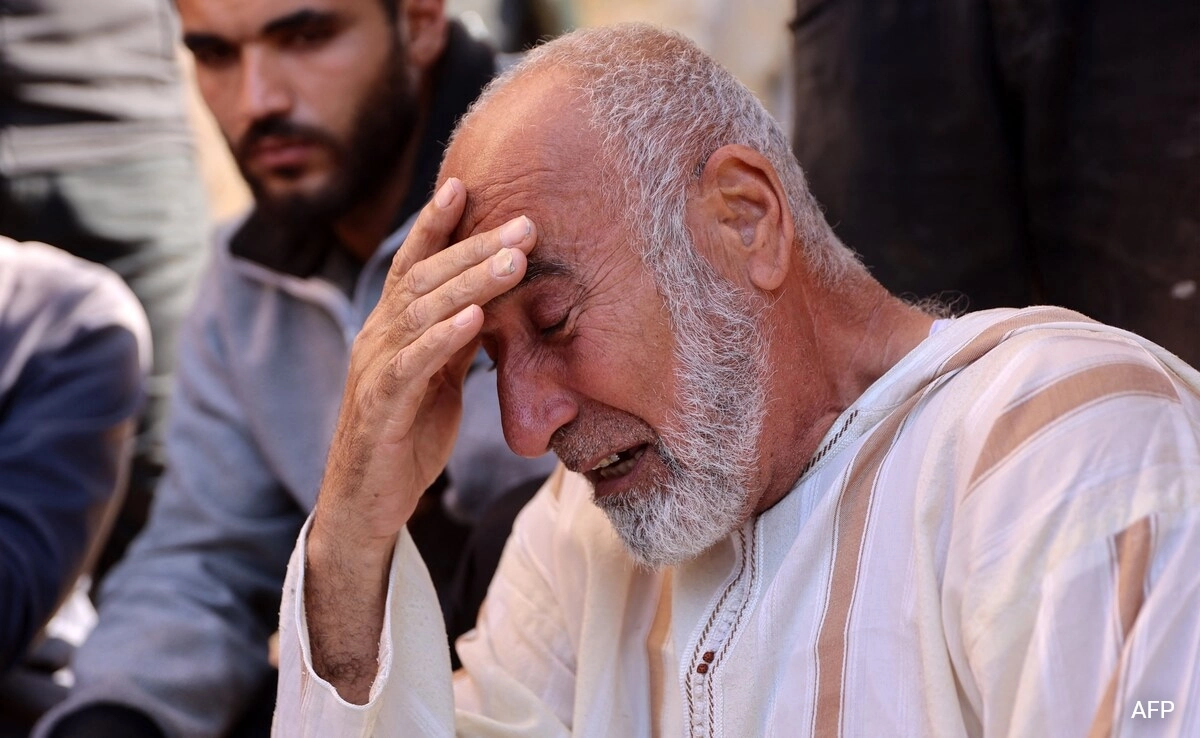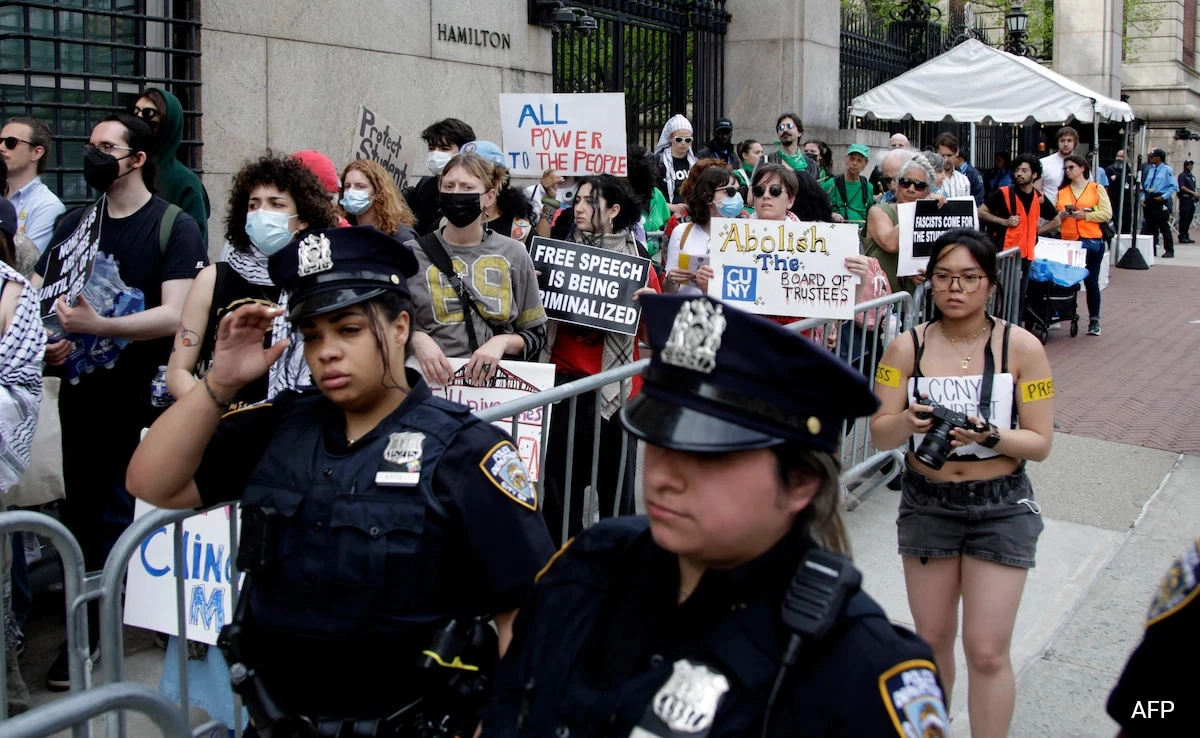In a significant diplomatic exchange, a U.S. lawmaker recently urged a delegation from Pakistan to take decisive action against the terrorist organization Jaish-e-Mohammad, labeling it as a “vile” entity responsible for numerous acts of violence and terrorism. This call to action underscores the ongoing concerns regarding regional security and the need for Pakistan to address groups that pose threats not only to its neighbors, particularly India, but also to global peace and stability. The U.S. has long been vocal about the necessity for Pakistan to confront and dismantle militant organizations that operate within its borders, and this latest dialogue highlights the urgency of such measures.
Jaish-e-Mohammad has been implicated in various high-profile terrorist attacks, including assaults on Indian military installations and civilian targets. The group’s actions have fueled tensions between India and Pakistan, often exacerbating an already fraught relationship. The U.S. lawmaker’s remarks reflect a broader international consensus that recognizes the need to combat extremism in all its forms. By urging Pakistan to eliminate this group, the lawmaker not only emphasizes the importance of regional cooperation in combating terrorism but also reinforces the commitment of the United States to support efforts aimed at fostering peace and stability in South Asia.
The dialogue also serves as a reminder of the complex interplay between geopolitical interests and national security. Pakistan’s response to such requests is crucial, as it navigates its own internal challenges while balancing international expectations. The Pakistani delegation’s engagement with U.S. lawmakers may signal a willingness to address these issues, but it also raises questions about the effectiveness and sincerity of efforts to combat terrorism within the country. The international community remains watchful, urging Pakistan to take concrete steps that demonstrate its commitment to eradicating terrorism in all its forms.
As discussions continue, both nations must grapple with the implications of inaction. Failure to address the threat posed by groups like Jaish-e-Mohammad could have far-reaching consequences, not only for Pakistan and India but for global security as a whole. The U.S. lawmaker’s statements resonate with a growing demand for accountability and decisive action against terrorism, reinforcing the notion that collaborative efforts are essential in the fight against extremist ideologies. The outcome of such diplomatic interactions may ultimately shape the future of regional security and the broader struggle against terrorism.




